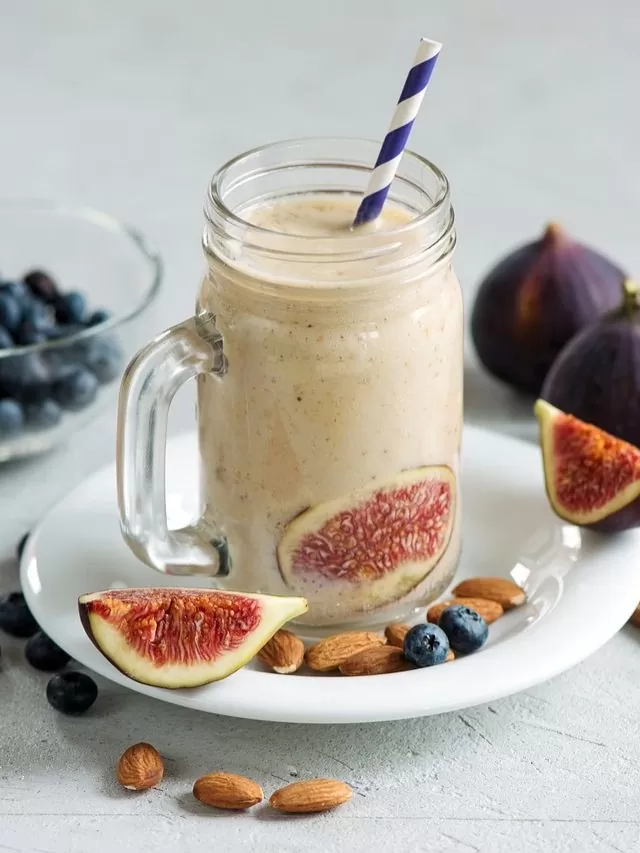Losing weight fast is a difficult subject when it could be so easy. It is often associated with renunciation, constant hunger and loss of quality of life. However, this should not be the case in a reasonable weight reduction.
What is the ultimate method to lose weight?
Many fitness, health or diet gurus tout their one and only way to shed those pesky pounds once and for all. There seems to be an infinite number of diets, all claiming something different. It’s no wonder that most people are now confused and don’t know what really matters when it comes to losing weight. Some demonize fat (low-fat), others swear that carbohydrates are to blame in the evening (e.g. slim while you sleep) and others almost completely eliminate carbohydrates from their diet (low-carb). The problem with this is that you can lose weight with all methods, but you can just as easily stagnate or gain weight.
All successes have one thing in common: a relative reduction in calorie intake. This is the essential point that is often neglected these days. If I add fewer calories to the body than it consumes, it will compensate for the lack of energy from its energy stores.
At the end of the day, it always comes down to calorie balance. Depending on how this turns out, our body weight changes. That is scientifically proven. All other theses are not based on scientific knowledge, but exclusively on personal opinions.
I’m not saying that you can eat whatever you want as long as your calorie balance is right, because nutrient composition has a huge impact on metabolism and body composition – as does the timing of each nutrient.
Some “experts” who claim that you can eat as much as you want and still lose weight are wrong in my opinion. I’ve tried various methods to see and feel the effects it’s having on my mood, performance, and body composition so I can better report on it – but more on that in the future.
It is important that you take in enough essential nutrients, no matter what type of diet you eat. The easiest way to achieve this is with a balanced diet, because a varied diet creates a broader nutrient intake. Therefore, too much restriction and limitation is neither expedient nor healthy in the long term.
The trend to demonize individual nutrients (fat, carbohydrates or protein) makes many people who want to lose weight jump from one diet to the next, since none of them really work. Another problem is that unbalanced diets are more easily misused and can be harmful to health.
You can only regulate your weight in the long term by changing your diet . Diets never solve the root cause of the “problem” nor do they aim to look good and be healthy for years and decades. The root cause of weight problems and many diseases is poor nutritional foundation. With a natural and balanced diet you create the basis. You can and should treat yourself to something once or twice a week and not have to do without anything.
So what is necessary to lose weight?
By far the most important part of weight loss is creating a calorie deficit.
You can only lose weight with a negative calorie balance (this can also be partial). Otherwise there is no need for the body to mobilize its energy reserves, the fat on the body. In addition, you should make sure that you take in enough nutrients to enable all metabolic processes. Our body is dependent on receiving sufficient nutrients from the outside. If this does not happen over a longer period of time, the body adapts and reduces its energy consumption. This makes long-term weight loss extremely difficult. To make matters worse, regeneration processes are slowed down and the production of hormones is stopped, which makes us sluggish and listless.
Vitality and health feel different.
That’s why you should place a lot of value on vegetables, fish, meat, eggs, fruit, quark, yoghurt and cheese as the foundation of your diet. When you mix these foods together, you get enough of the essential nutrients you need for optimal health. In addition, this selection of products fills you up faster and for longer, so that you consume fewer calories overall. Due to the lower carbohydrate intake, less insulin is produced and fat burning is stimulated. If you do heavy physical work, it is advisable to consume more carbohydrates.
When should which nutrients be supplied?
Basically, days can be divided into two categories: training days and non-training days. On non-training days, the best thing to eat is the foods listed above. On the training-free days, the annoying fat is burned.
On training days, you take care of maintaining and strengthening your muscles .
Accordingly, on days when you are physically active – such as strength training, climbing or even on a longer bike tour – you should consume more carbohydrates to make it easier for the body to store nutrients in the muscles. Muscles can regenerate faster and are built up. The combination of carbohydrates and protein has proven to be optimal. Potatoes, sweet potatoes, millet, amaranth, polenta as well as rice and grain products can be used as a source of carbohydrates. The much-loved “fat food” such as cake and ice cream are also allowed on these days.
On training days, fish, lean meat (chicken, turkey, lean beef) or quark dishes should serve as sources of protein.
Potatoes with quark is therefore an optimal meal after sport or physical work.
Why am I losing weight better with this?
This change creates a periodization of the calorie intake without much effort. This means that the body does not get the same amount of nutrients and calories every day, but changes them constantly. On training days the body is given more than on non-training days. Due to the increased amount of calories and carbohydrates on the training days, the metabolism is fueled and does not remain at a low level as is the case with conventional diets.
If you don’t manage to reduce your weight with this concept, you have very likely manipulated your intuitive feeling of hunger and satiety through wrong eating habits, so that you continue to take in too many calories.
A “reset” of the feeling of hunger is possible with the help of intermittent fasting and usually occurs after 14-21 days. This “reset” lowers the feeling of hunger to a natural level and also creates a better sense of the differentiation between hunger and appetite.
Here are the most important principles at a glance:
- A negative calorie balance is crucial to losing weight. Without a negative balance, the body will not tap into its energy reserves.
- A natural diet is the foundation for sustainable health.
- Especially in a calorie deficit you have to make sure you have enough nutrients. This is the only way for all metabolic processes to run optimally. Otherwise, health, vitality and also the success of the customer will suffer.
- Eating foods that keep you full for a long time helps you take in fewer calories overall and avoid starvation.
- You can and should treat yourself to something once or twice a week and not have to do without anything. Training days are ideal for this.
- Lower carbohydrate intake leads to lower insulin production and increases fat burning. This body reaction should be used on non-training days.
- On training days, more carbohydrates and less fat should be consumed to fuel muscle recovery and muscle growth.









